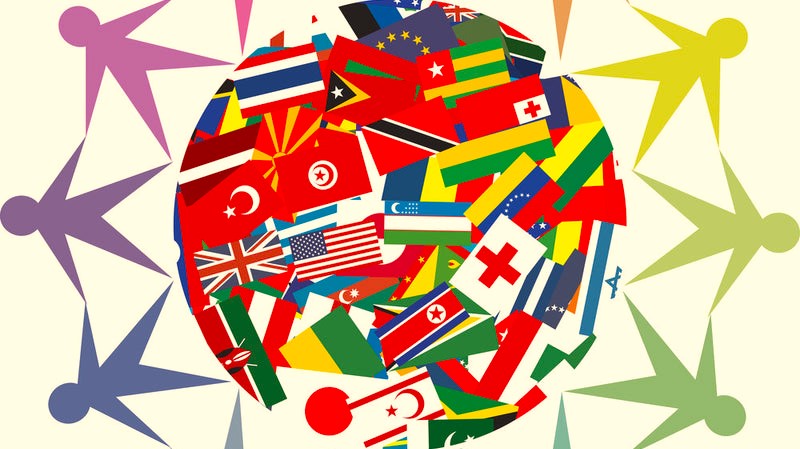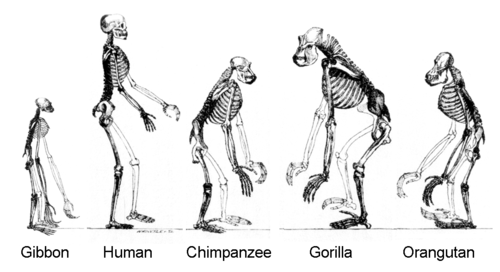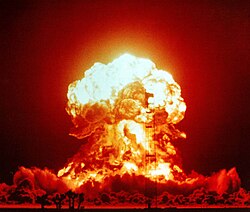There is a timeworn adage in team-sports that may be familiar to many of you: It’s the name on the front of the jersey that matters, not the name on the back.
In other words, the objectives and achievements of the team must always take precedence over individual team-members’ accomplishments. That is the only route to collective success. No doubt, individual accomplishments do help the team to succeed, but individual glory is secondary to team triumph.
If you’re a sports fan, you may remember Sidney Crosby’s ‘golden goal’ in 2010, which won an Olympic gold medal for Team Canada in ice-hockey. And you can be sure the joy on Crosby’s face as he celebrated with his rapturous teammates was not because he scored the goal; rather, it was because the team won that coveted prize. Sid the Kid was and is a consummate team-player.

This lesson was drummed into my psyche from the time I first started playing team-games—hockey and baseball—around the age of ten, until I finished my last game nearing the age of sixty. Given the vicissitudes of age as I complete my eighty-first trip around the sun, I don’t miss playing those games now, but I’m awfully glad I had the opportunity while yet I could.
Over all those years, I came to realize that the lesson implicit in that old adage might well apply to all of life. In this country, for example, all of us wear a jersey with the same name on the front: CANADA. Politically speaking, however, there is a plethora of different names on the back of those jerseys, as there is for any team: LIBERAL, CONSERVATIVE, NDP, SPECIAL INTERESTS, LOBBYIST, and many more. Ideally, given the name on the front, we would all be playing for the greater good of the team, pulling together to advance our collective best interests.
Alas, all too often, our elected representatives in Parliament push their selfish interests to the forefront. They choose to heckle and yell, rather than listening to one another; to dismiss differing viewpoints out of hand, rather than trying to understand them; to criticize and condemn, rather than seeking compromise and consensus. Question period—which is a made-to-order opportunity to seek honest answers and debate them sincerely in an effort to advance a common cause—has become a travesty that would shame an unruly class of six-year-olds.

During my working career, I learned and frequently made use of a valuable strategy for helping bring people to consensus. On the assumption that agreement is impossible without understanding, I would assign a person (or group) to listen carefully as someone presented an idea. Next, I would require that person (or group) to ‘play it back’ in their own words in such a fashion as to indicate they had grasped the concept. If the original presenters agreed they had, we could safely go on to debate the merits of the idea, knowing no one harboured—unknowingly or deliberately—misconceptions about it. The debate was thus based on a common set of understandings.
If the original presenters believed the listeners had missed the point, I would have them present it again, and the process would repeat. If nothing else, it forced people to listen to and focus on what they were saying to each other, rather than just waiting for a chance to refute what they thought they were hearing.
It’s no secret that our country—indeed the entire planet—is having to deal with a number of issues and concerns right now: among them are the prospect of another pandemic for which we are sorely unprepared; the re-emergence of fascism as a political force; a lack of affordable housing; economic and social inequities; famine and drought; the twin-scourges of racism and xenophobia; and the incessant wars being waged around the world. And towering over and above all of these in scope and consequence, there looms the existential threat of climate change.

On planet Earth, the only home we have, there is but one team. And the name on the front of that team’s jerseys is HUMANKIND. But, just as with any other team, the names on the backs of those jerseys are different—in this case, the names of the political, cultural, economic entities we know as nation-states: CANADA, CHINA, EU, GERMANY, INDIA, JAPAN, RUSSIA, UK, and USA, to name but a few. All but the first on this list might rightfully be deemed a superpower, which Britannica defines as “a state that cannot be ignored on the world stage and without whose cooperation no world problem can be solved.”
The biggest problem facing Team HUMANITY, however, is that these individual players are not cooperating to find solutions to the crises facing the planet. Rather, they are in pursuit of individual accomplishment, usually to the detriment of each other, as if they are playing a zero-sum game in which, for every winner, there must be a loser. In hockey terms, it’s as if twelve players are on the ice, each with a puck, firing it at random in every direction, with no concept of who the opposition might be, what team-play looks like, and what winning or losing is.
In the battles our planet is experiencing, there will definitely be a loser, but it won’t be the planet. It will survive in some fashion or other, perhaps greatly changed from the sanctuary we have come to know, but still circling the sun. It is we who will be the losers, Team HUMANITY, unless, collectively, the individual players stop paying attention to the names on the backs of their jerseys.

Will we prove able to do that? I don’t know, of course, but I’m not optimistic. I despair of the future, though I’ll surely not be around for a whole lot more of it. As a species, we are as dysfunctional a team as ever I have seen, each of our players strutting and brandishing his own name on the back of his own jersey.
But here’s the one, indisputable thing—in life, as in team-sports, it’s the name on the front that matters.















